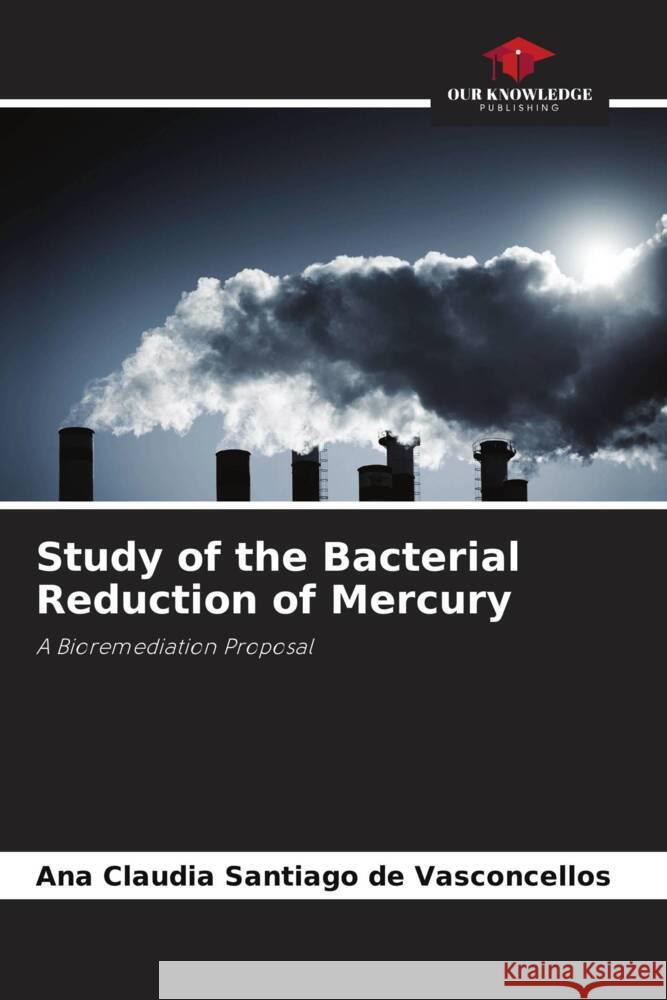Study of the Bacterial Reduction of Mercury » książka
Study of the Bacterial Reduction of Mercury
ISBN-13: 9786206335689 / Angielski / Miękka / 56 str.
Mercury (Hg) can be considered one of the elements with the greatest toxic potential due to its ability to bioaccumulate and biomagnify along trophic chains. The increasing use of mercury by humans has caused significant changes in its biogeochemical cycle, jeopardising the health of exposed human populations. Bacteria play a key role in the cycling of mercury, which once released into the environment, acts by selecting resistant bacterial strains. The most studied mechanism of mercury resistance is mediated by the merA gene and consists in the reduction of Hg(II) into elemental mercury. The use of resistant bacteria is considered a promising approach for bioremediation of mercury-contaminated environments. In this work, water samples were collected from several Brazilian aquatic ecosystems with the aim of isolating and characterising mercury-resistant bacterial strains with bioremediation potential.











